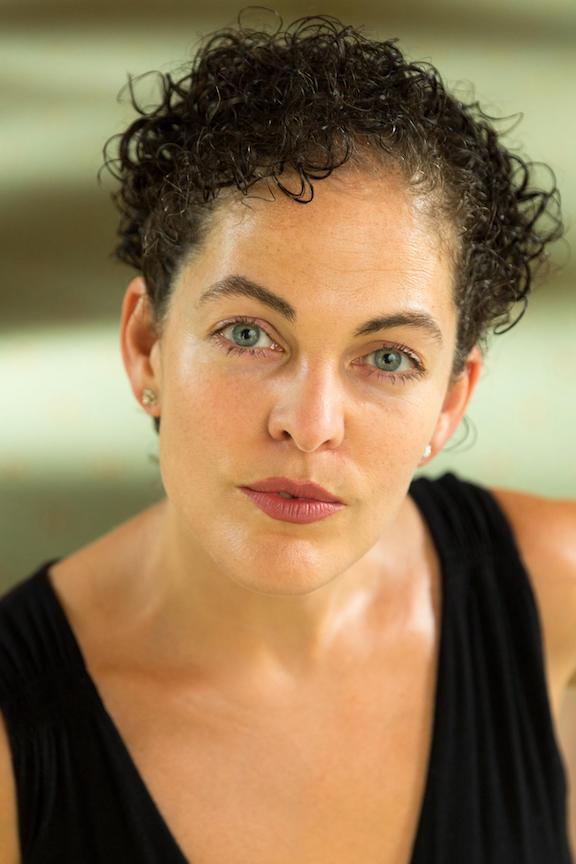
Answering such queries typically falls to novelists. But, being a poet, I felt compelled to ask poetry to respond.
A serendipitous moment in Scotland sparked NER poet Shara McCallum to answer, in her poems, the questions What is our responsibility to the past? What are the whole truths of our inheritance? What choices do each of us face and make, within the circumscription of history?
Where history ends is where literature and the imagination often begin. No Ruined Stone, the book from which the poems in this issue are drawn, emerges out of history’s omissions and silences. It uses the lyric and dramatic modes of poetry to reconstruct and reinhabit a speculative account of the past.
The book was in some sense born of a chance encounter. On my first visit to Scotland in 2015, having just come off the train in Edinburgh with my husband and our then young daughters and climbing a million stairs with bags in tow, we stopped at a candy shop off the Royal Mile before even reaching our hotel. The owner of Lickety Split was an artist and, as with so many Scots I would come to meet over the next five years of returning, open and easy with conversation. She also shared one of my children’s names, and we got to talking. On learning I was a poet and from Jamaica originally, Naomi announced, “You must know the story of Robert Burns and Jamaica, then?” I didn’t.
Late in the summer and into the fall of 1786, it turns out, Scotland’s great bard had actively made plans to migrate from Scotland to Jamaica. He’d contracted himself to work as a bookkeeper on a slave plantation on the island’s north coast—though “bookkeeper” in this context is linguistic misdirection. Were it not for his ultimate abandonment of his plan, Burns would’ve been responsible for daily overseeing and managing the work performed by enslaved Africans.
At the time I learned of this fork-in-the-road in Burns’ life, I was living with my family in London, feeling the layers of history beneath my feet and everywhere I turned. For months I carried this story around with me, like a sore in the mouth one’s tongue keeps finding. Walking the city that winter, a question entered my mind and took up residence: What would have happened had he gone?
Answering such queries typically falls to novelists. But, being a poet, I felt compelled to ask poetry to respond. Doing so, led me to archives and travels in Scotland and Jamaica, into the pages of biography, literary and cultural history, and back to Burns’s poems, prose, and songs. It returned me with full force to some of my earliest and ongoing obsessions and vexations, including with Romanticism and the Enlightenment’s ideals and occlusions.
What resulted is a book-length sequence voiced primarily by two figures: Burns, transplanted to Jamaica for the last ten years of his life, and his granddaughter Isabella, a black woman born into slavery at the start of the nineteenth century, who migrates to Scotland and passes for white. The book dwells not only in the question that prompted it but in the many that persist for me as a writer. What is our responsibility to the past? What are the whole truths of our inheritance? What choices do each of us face and make, within the circumscription of history?
Shara McCallum, originally from Jamaica, is the author of six books published in the US and UK. The poems in this issue are from her forthcoming verse sequence, No Ruined Stone, a speculative account of Scottish poet Robert Burns’s migration to Jamaica to work on a slave plantation. Her previous book, Madwoman (Alice James, 2017), was winner of the 2018 OCM Bocas Prize for Caribbean Poetry and the 2018 Motton Book Prize from the New England Poetry Club. McCallum is a professor of English at Penn State University and on the faculty of the Pacific University Low-Residency MFA Program.